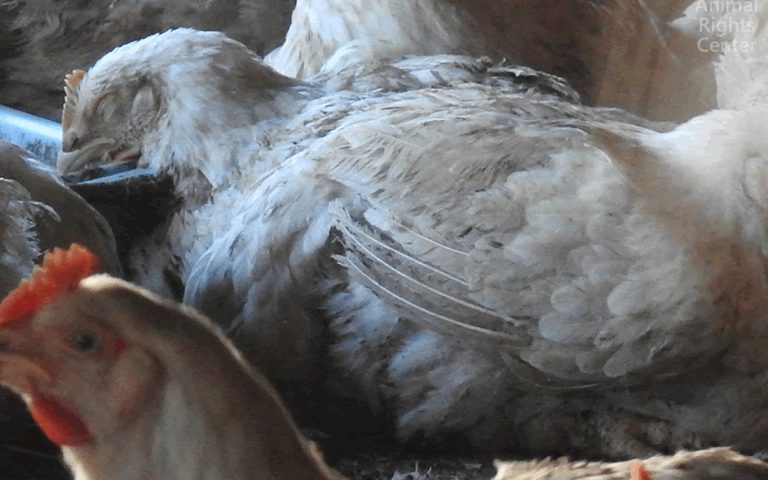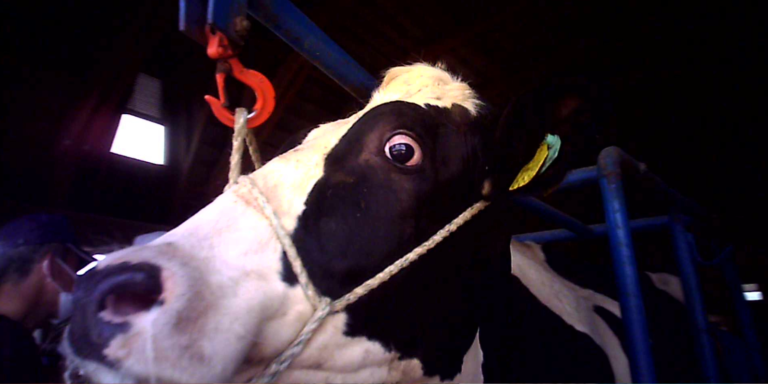
Tag japan

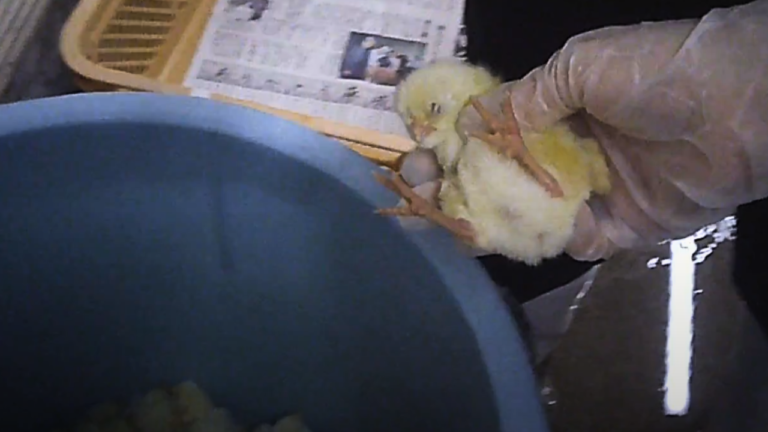
The First Ordeal of Broilers: The Hatchery
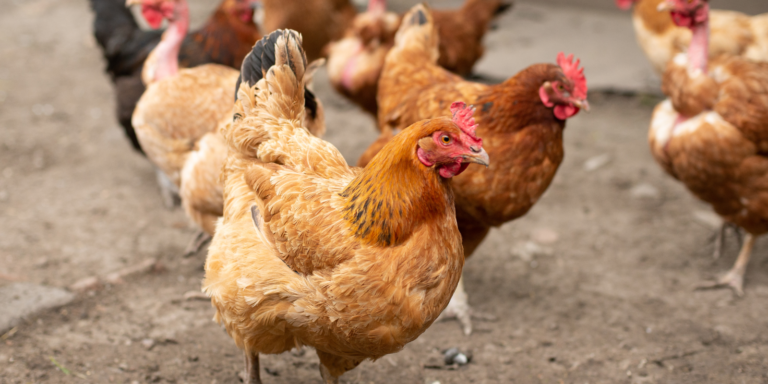
STARTING FROM CAGE-FREE; CAFE KOBOREBI’S SOCIAL CHANGE
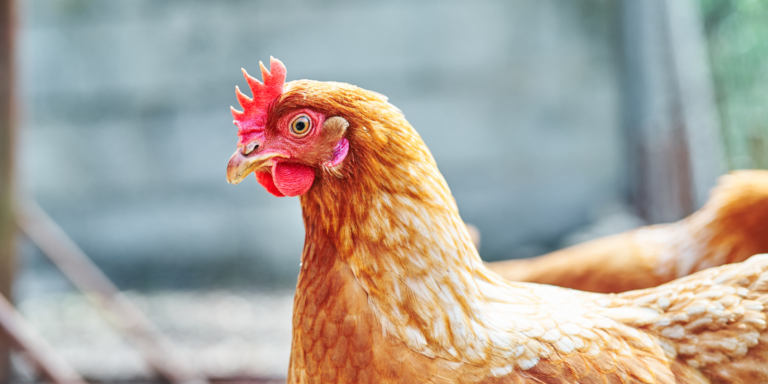
Aiming for a Future of 100% Cage-Free: Two Sustainable Confectioneries
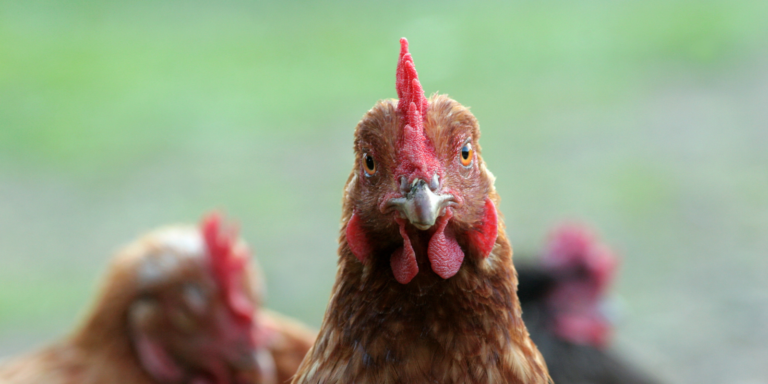
Ninjin CLUB home delivery is earth-friendly and cage-free!
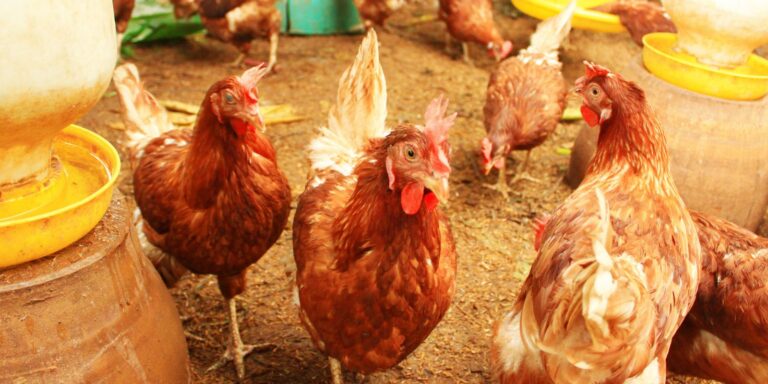
Aoioto in Ibaraki Prefecture will make the transition to cage-free by 2025

Supermarket “Nagomi Marche Kikuya” made cage-free promise toward future
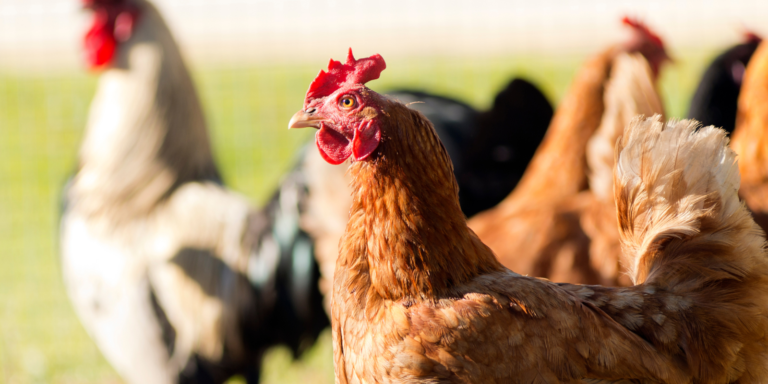
The nature-oriented pension Evergreen in Nagano is cage-free.
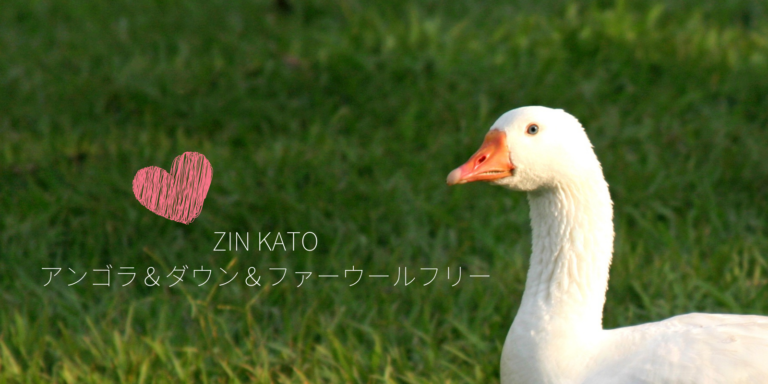
GOOD NEWS!! ZIN KATO announces angora, down and exotic leather free!
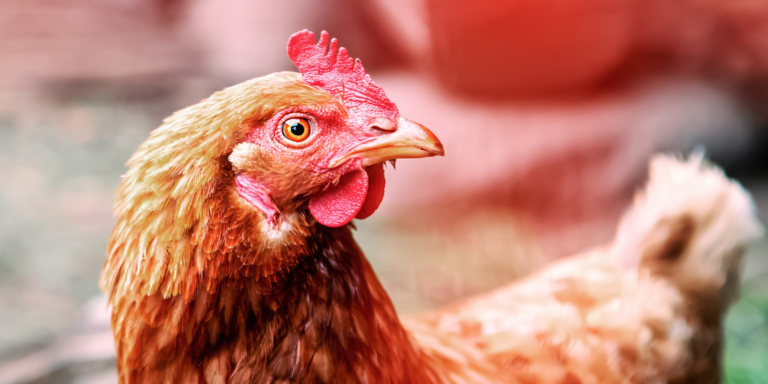
Chiba Prefecture Children’s Center Starts Cage-Free School Meals!
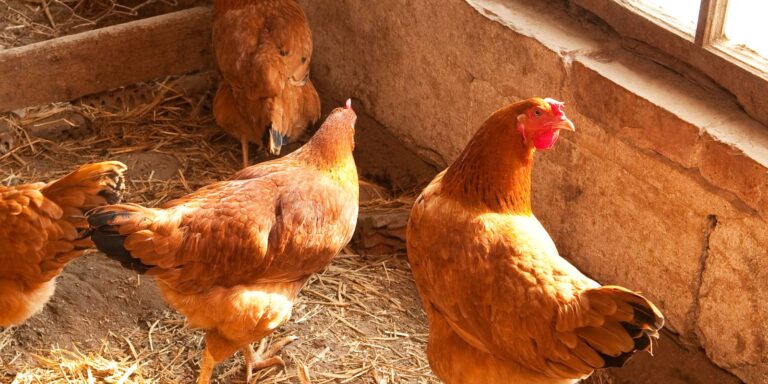
Mothers in Hokkaido,Announces Cage-Free Commitment
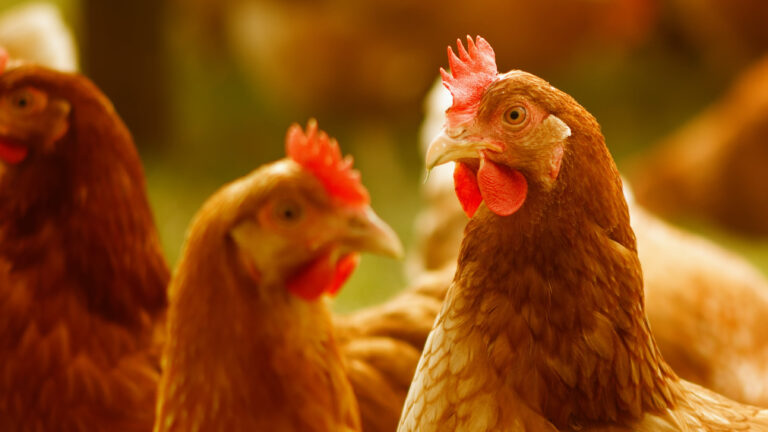
Traditional Department Store Embraces Animal Welfare Initiatives
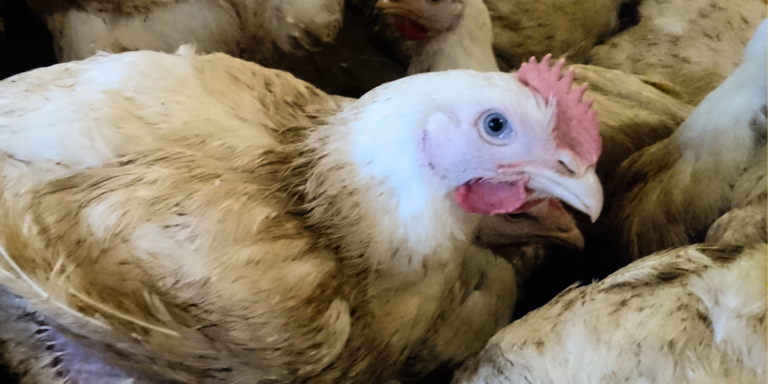
Updates the Act Needs!Key Points for the Amendment of Animal Welfare and Management Act
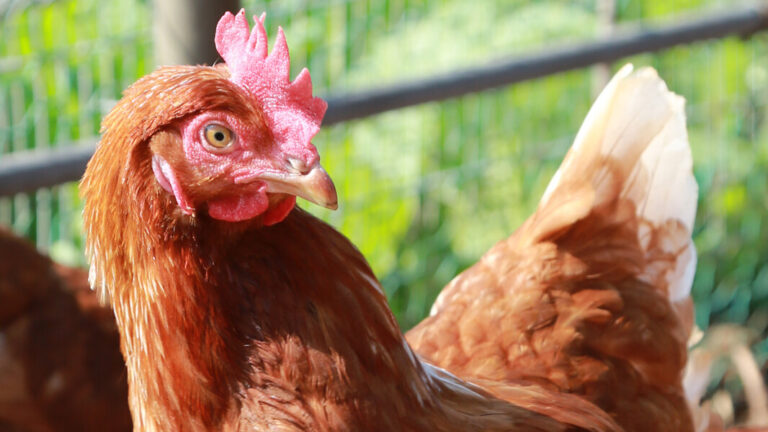
Cafe Seaside Table Egg commits Cage-Free egg, Specializing in Menus Featuring Free-Range Eggs
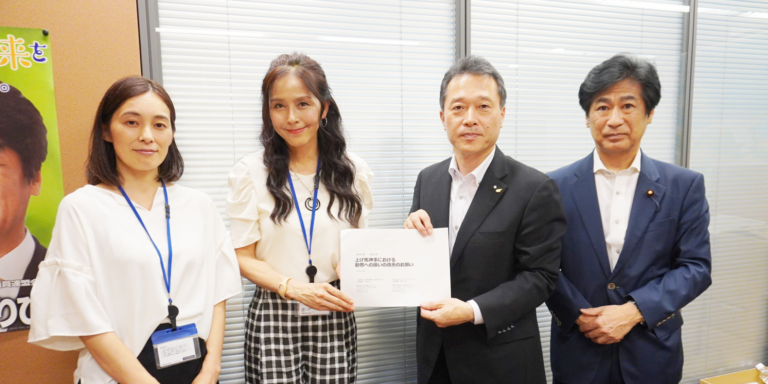
Mie Governor receives feedback positively: Making improvements at the Ageuma Horse Festival
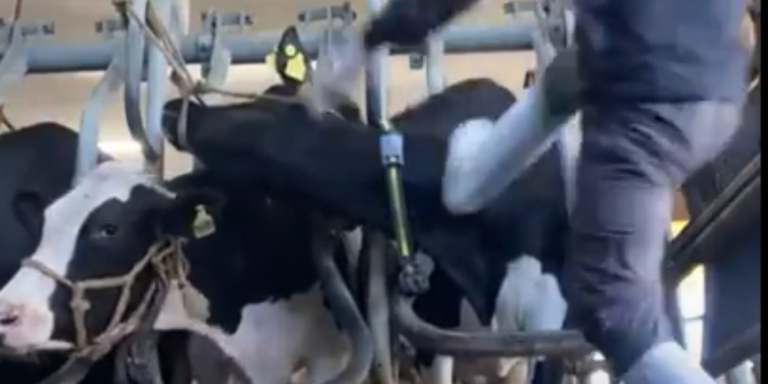
First-Ever Prosecution for Livestock Abuse: Dairy Cows Abuse in Shimane

Violence Against a Dairy Cow in Shimane: Who’s Drinking Her Milk?
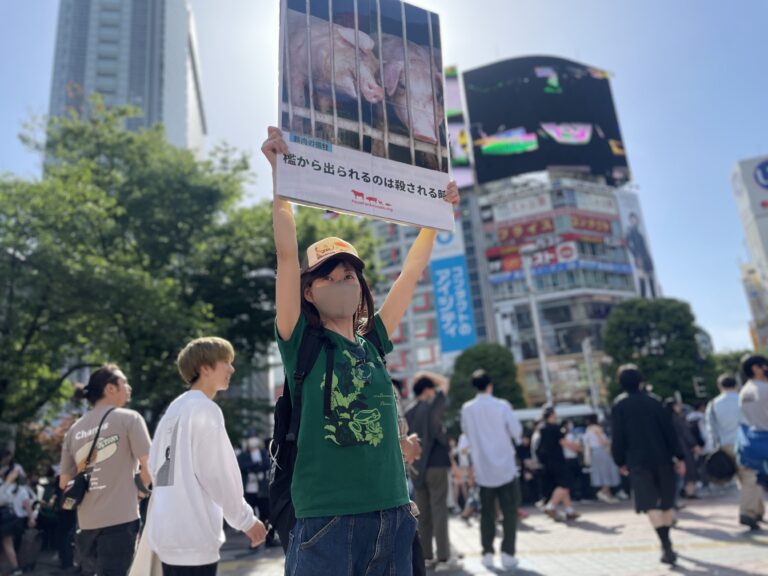
Action Group Activity Report – May 2023
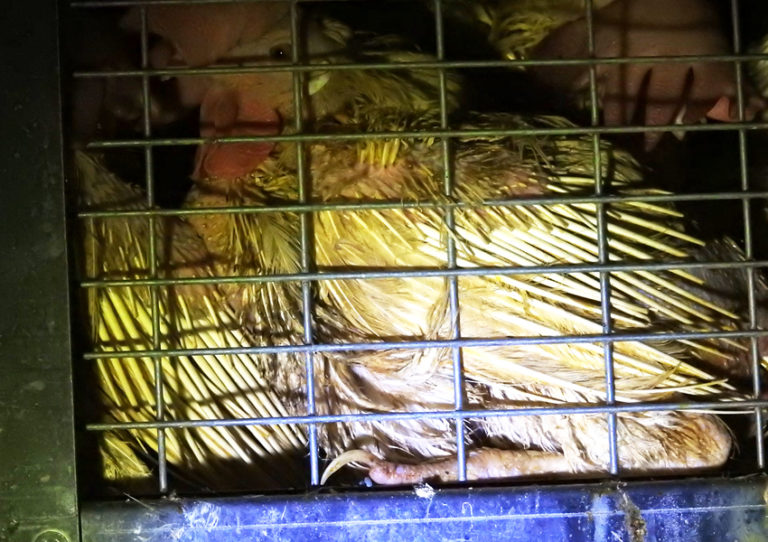
The Cruel Last Day of Hens: Being left for a long time at a slaughterhouse
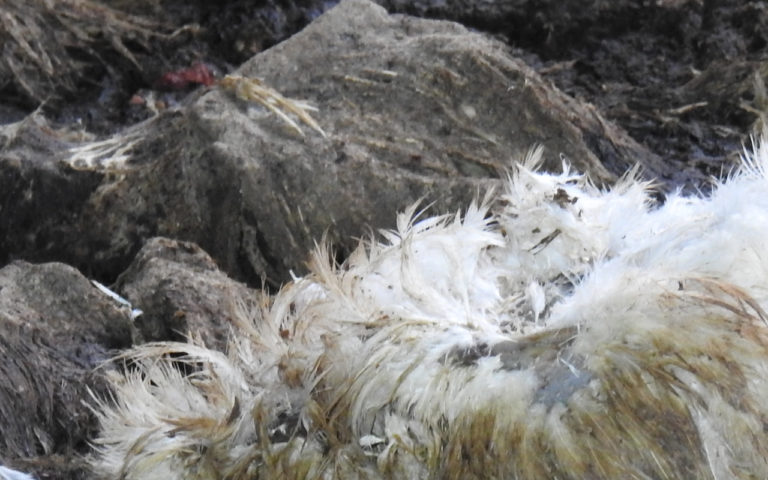
Starvation is an Ultimate Form of Animal Abuse
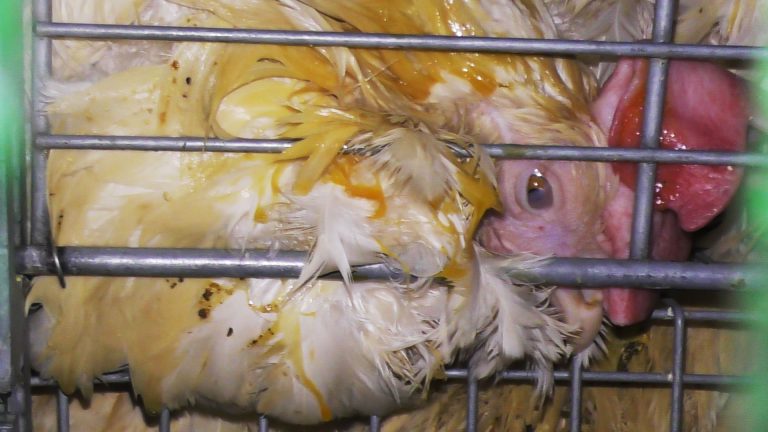
Slaughterhouses abandon chickens for 72 hours MAFF’s Third Warning
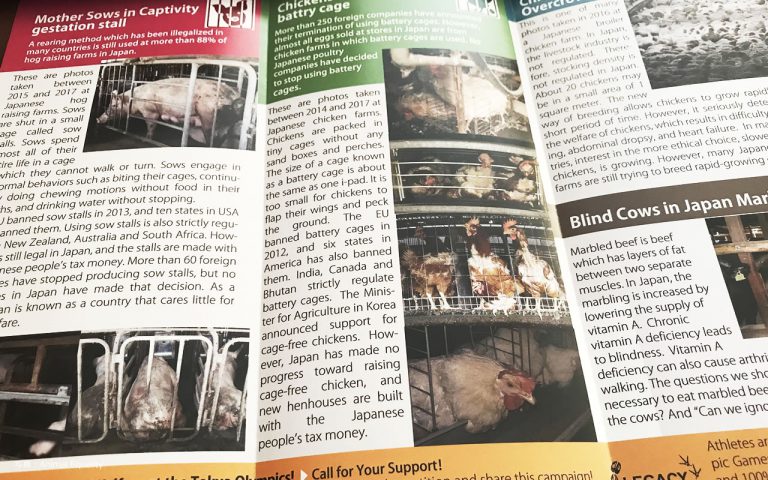
Farm Animals in Japan
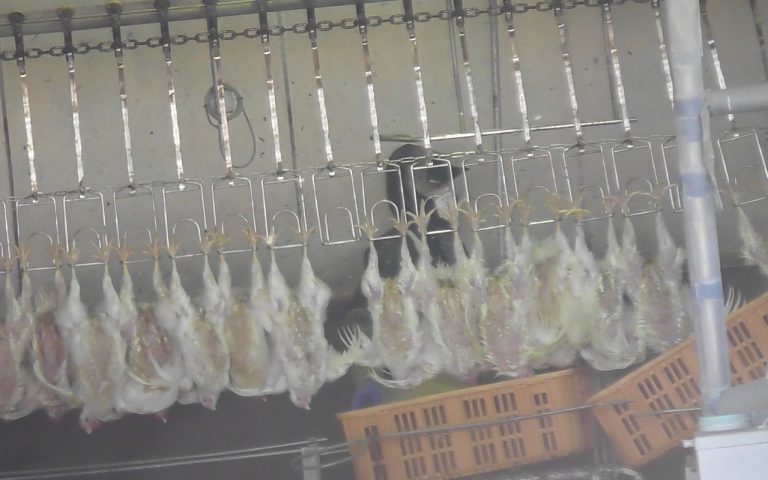
Improve methods to slaughter chickens!
